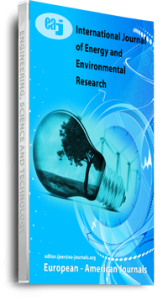Due to the rapid growth in population and industrialization coupled with the adverse side effects from usage of fossil fuels, there is a high demand for renewable fuel especially ethanol which is environmentally friendly and can be used as substitute for premium motor spirit. Conventional crops such as corn and sugarcane are unable to meet the global demand of bioethanol production due to their primary value of food and feed. Therefore sugar, starch and lignocellulosic materials from municipal solid waste stream are attractive feedstocks for bioethanol production. Agricultural wastes from municipal solid waste stream are cost effective, sustainable, addresses environmental pollution and create wealth and energy. Bioethanol production from wastes could be promising, however, the processes has several challenges and limitations such as feedstock sourcing and finance. This paper gives an overview, the technicality, challenges and the progress for bioethanol production from municipal solid waste.
Citation: Biose Osadebe, Maureen Imhontu, Oghosa Akenzua, Christopher Okorie, James Onabe, Bildad Atsegha, Jonah D. Angalapu, Bawo Kubeyinje, Rita Orerome, Wale Akingba,2Igbinoimwahia D. Iyeke (2021) Bioethanol Production from Municipal Solid Waste: Technical Overview, Progress and Challenges, International Journal of Energy and Environmental Research, Vol.9, No.3, pp., 1-9
Keywords: Energy, Environment, bioethanol, feedstock, municipal solid waste

